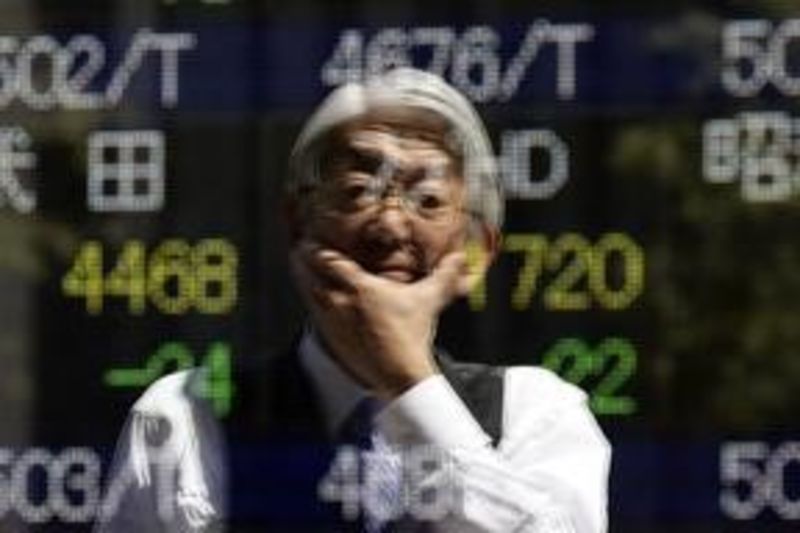Investing.com - Asian markets turned positive in afternoon trade on Monday amid mixed signals on the prospect of a truce in the ongoing Sino-U.S. trade dispute.
Last Friday, U.S. President Donald Trump said that he might not impose more tariffs on Chinese imports after Beijing sent a list of measures it was willing to take to resolve trade tensions. U.S. stocks closed higher on Friday following his comments.
However, reports that leaders of the Asia-Pacific Economic Cooperation (APEC) failed to agree on a communiqué for the first time in history put Asian stocks under pressure.
Papua New Guinea Prime Minister Peter O’Neill, who chaired the meeting, said “the two big giants in the room” were the two members of the APEC that could not come to an agreement.
O’Neill added that Beijing and Washington could not come together on whether “World Trade Organization and reform of the World Trade Organization” should be in the Leaders’ Declaration.
U.S. President Donald Trump did not join the meeting. Vice President Mike Pence attended instead.
"The comments from Trump were seen as offering a glimmer of hope that further tariff action could be held in abeyance," said NAB's head of FX strategy, Ray Attrill.
"The exchange of barbs between Pence and Chinese President Xi Jinping in PNG on the weekend continues to suggest this is unlikely."
The Shanghai Composite and the Shenzhen Component were up 0.8% and 0.4% respectively by 1:45 AM ET (06:45 GMT). Hong Kong’s Hang Seng Index gained 0.8%.
Shares of China Environmental Technology Holdings Ltd (HK:0646) bounced back 9.6% on Monday, after a nearly 50% slide on Friday. The plummet came after the company’s second-largest shareholder escaped Hong Kong police on the same day, according to sources cited by the South China Morning Post.
Japan’s Nikkei 225 advanced 0.6% after data from the Ministry of Finance showed the country’s exports rose 8.2% in October from the same period last year, compared to the expected 9.0% increase.
Official data released last week showed Japan’s economy shrank more than expected in the third quarter due to natural disasters and sluggish exports.
"Japan's exports rebounded from a decline caused by natural disasters, but they are losing momentum compared with last year due to sluggish shipments to Asia caused by China's slowdown," said Koya Miyamae, senior economist at SMBC Nikko Securities.
South Korea’s KOSPI traded 0.4% higher. Down under, Australia’s ASX 200 slid 0.6%.
